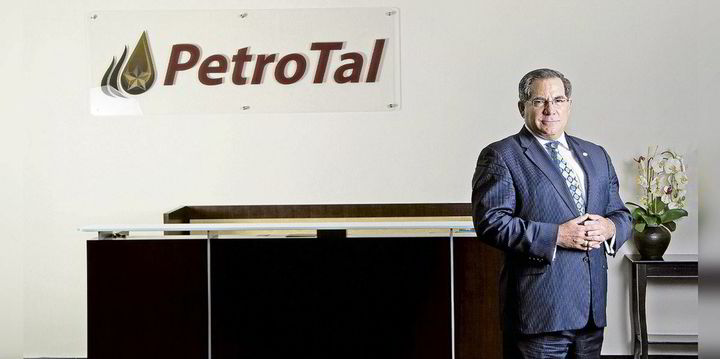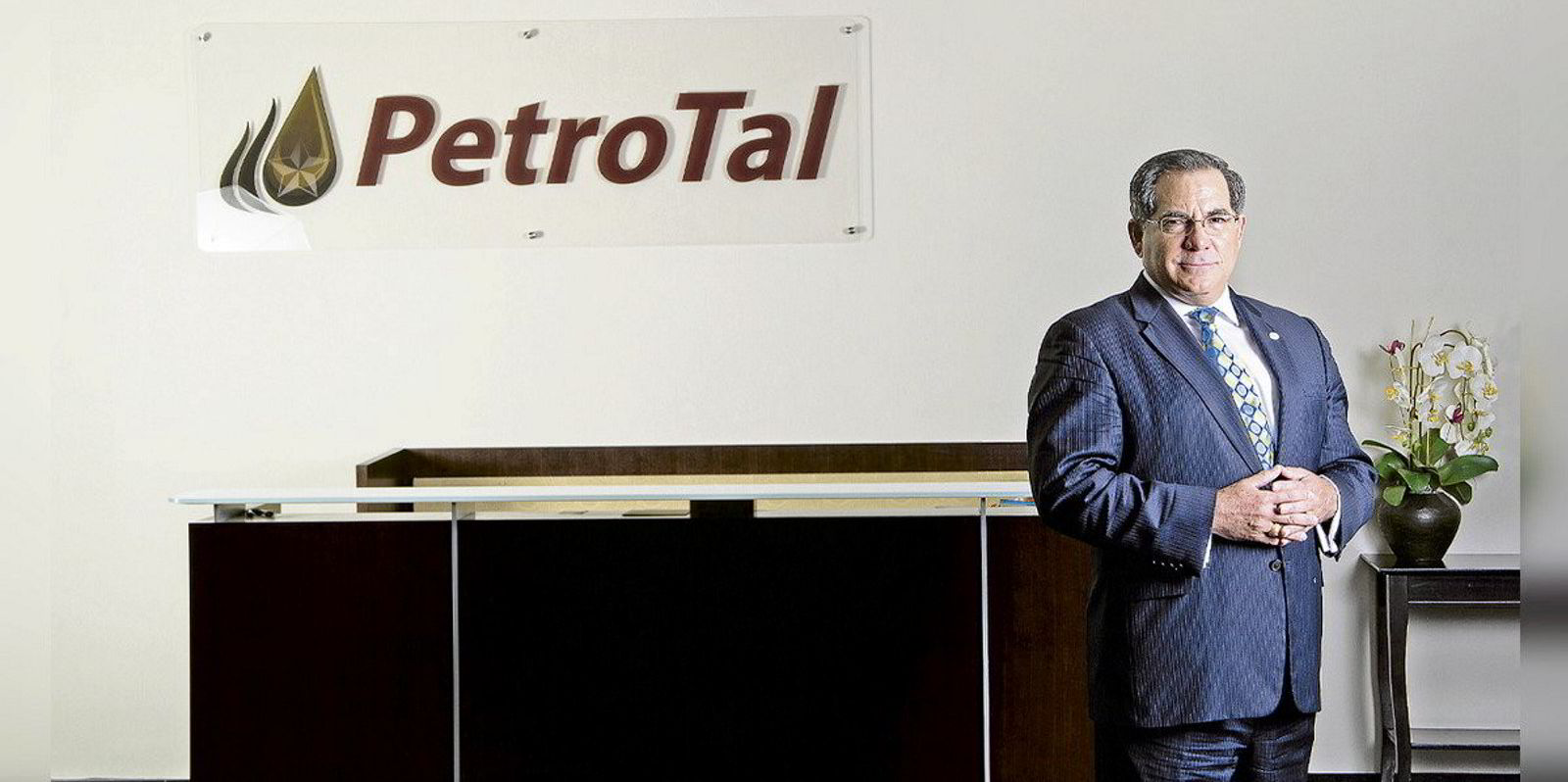Canadian junior PetroTal is gearing up to drill a high-impact onshore exploration well in Peru that could potentially double the company’s oil output in the South American nation.
PetroTal produced on average 21,000 barrels per day of oil in April from the Bretana field in Block 95 in the Maranon basin.
The company, headed by chief executive Manuel Zuniga, also operates Block 107 in the Ucayali basin, where it has mapped two prospects for drilling by next year.
One of the targets, the Osheki-Kametza prospect, is estimated to hold 534 million barrels of oil in unrisked prospective resources, which according to a report from consultancy Rystad Energy is “particularly noteworthy” for an onshore well.
Block 107 spans more than 2500 square kilometres and boasts Cretaceous reservoirs with oil charge from high-quality Permian source rocks.
As well as Osheki-Kametza, PetroTal has also identified the Constitucion Sur prospect as a potential drilling location.
Article continues below the advert
PetroTal estimates the Osheki-Kametza well can be drilled at a cost of about $28 million, while Constitucion Sur bears a capital expenditure of $22 million.
The company intends to seek a farm-out partner for the commitment wells or for longer term development after drilling of Osheki-Kametza.
Considering a 50% chance of success, PetroTal estimates Block 107 will require investments of $765 million to produce first oil in late 2025.
In this hypothetical scenario, about 40 wells will be required to increase production to a peak of 21,800 bpd in 2031.
“While the industry continues to focus on highly anticipated high-impact offshore wells in South America such as in Guyana, Suriname and Brazil, the upstream sector would do well not to underestimate the importance of onshore probes,” wrote Rystad.
The consultancy points to particular cases in countries including Peru, Paraguay, Ecuador and Colombia, where previous onshore exploration efforts have yielded positive results.
“With production in many of the countries in decline, onshore finds can also offer the opportunity of fast-track development to swiftly bring additional volumes online,” Rystad added.

